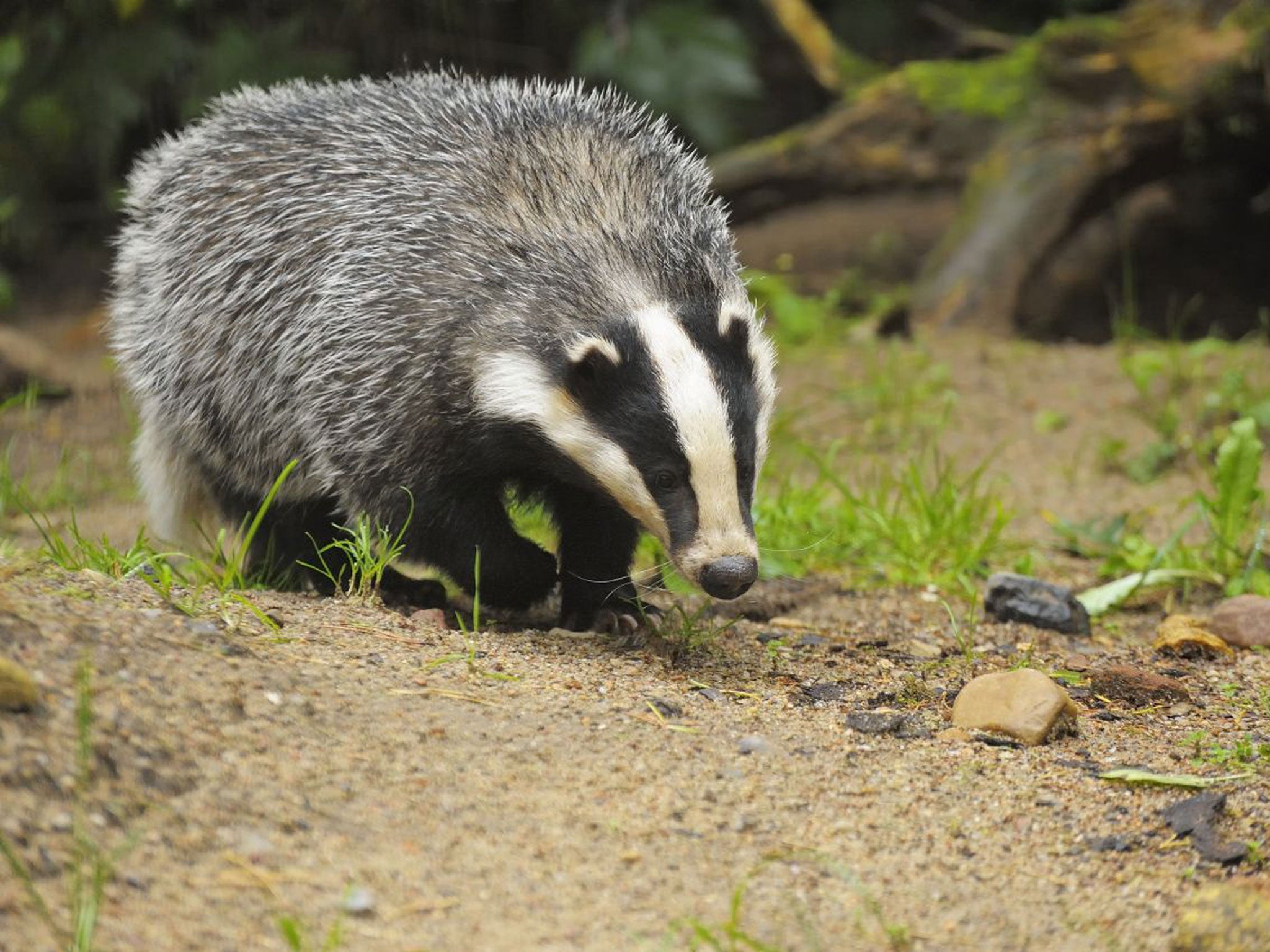Cull costs taxpayer almost £7,000 for every badger killed under 'flawed' government policy
The figures were obtained by The Badger Trust

Taxpayers are spending almost £7,000 for each badger that is killed under the "flawed" government-backed cull policy, a freedom of information request has revealed.
Since 2012, the scheme has cost £16,777,000, according to figures obtained by The Badger Trust from the Department for Environment, Food and Rural Affairs.
The figures, which includes money spent on policing and equipment, show the overall cost is £6,775 per badger.
The scheme is currently active as a pilot in areas of Gloucestershire and Somerset. But plans to roll it out to a third area, Dorset, would cost another £12 million over the next 12 months, according to Dominic Dyer, CEO of The Badger Trust.
The policy, which involves the free shooting of badgers, was initially launched to reduce the spread of Bovine TB which can be transmitted through the animal.
In 2013, former Secretary for Defra Owen Paterson said he wanted to expand it to create 40 more cull zones, but the plans were dropped last year after a government report found the method of free shooting was not effective.
Dyer called the policy “flawed” on scientific and economic grounds.
He told The Independent: "This was meant to be a farmer-led initiative and all these costs are currently being [paid] by the taxpayer. And we’re very concerned those costs will continue to rise rapidly."
If the policy was expanded to 40 areas, "you would be running into a bill of hundreds of millions of pounds for the tax payer, which is far in excess of any benefit… with lowering Bovine TB," said Dyer.
“It’s flawed scientifically, because they’re not testing any of the badgers, it’s flawed on humaneness grounds because they’re free shooting badgers [which] is a failed method of shooting… and now we know it’s failing on cost grounds.”
Dyer said badgers were often shot after being trapped in a cage.
Methods such as annual testing of cattle and tighter control of their movement were more effective in reducing Bovine TB, he said.
Under a vaccination programme being used in Wales, around 25,000 badgers could have been vaccinated for the same cost of killing just under 2,500 in Gloucestershire and Somerset, according to Dyer.
Defra launched the Badger Edge Vaccination Scheme last year to help with the eradication of Bovine TB around high risk areas in England.
Dyer added that with cuts to Defra’s budget estimated to be £83 million this year, the costs for the policy were not justifiable.
“For a department like that which is being savaged in what it can do for protection of the environment to be spending money killing badgers, most of which we believe have no disease because none of them have been tested, is absolutely ludicrous. And I just don’t think it’s justifiable."
MPs, he said, needed to question why the policy was continuing at this cost.
A spokesperson for Defra said: “TB poses a huge threat to our farming industry and has cost £500 million over the last decade.”
“We are pursuing a comprehensive strategy, including tighter cattle movement controls, badger vaccination and culling in areas where TB is widespread. Costs have been substantially reduced since last year and will be kept under review.”
A spokesman for the National Farmers Union said: “Bovine TB continues to devastate beef and dairy farmers across large parts of the country and it is estimated the disease will cost the taxpayer £1 billion over the next decade if nothing is done to tackle it."
He said the "TB eradication strategy should be implemented in full as quickly as possible because it offers the best chance of wiping this disease out by dealing with it on all fronts".
Join our commenting forum
Join thought-provoking conversations, follow other Independent readers and see their replies
0Comments